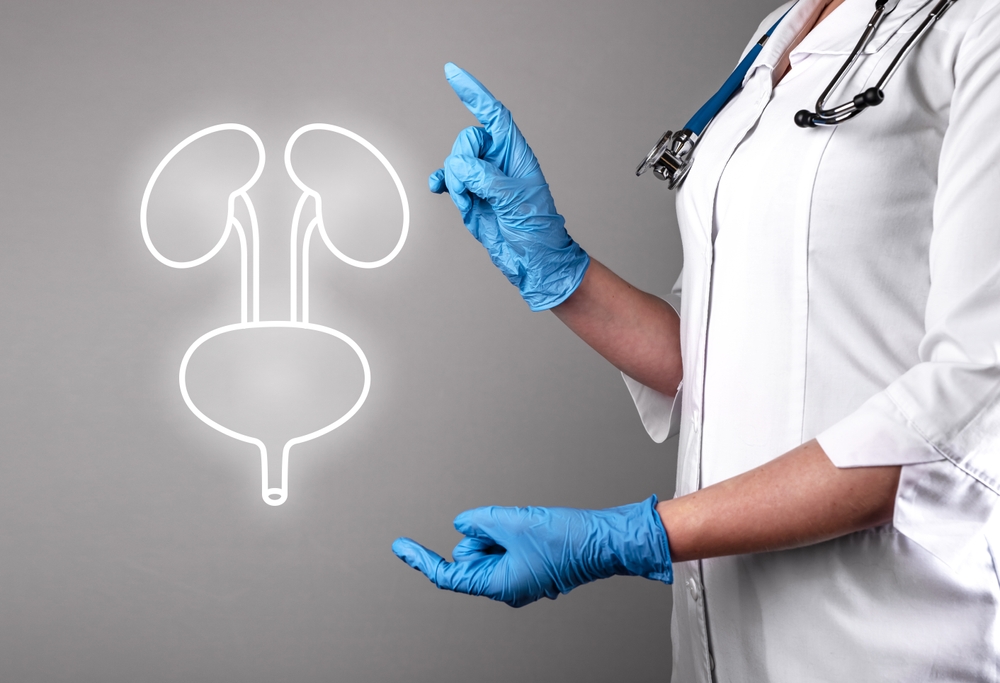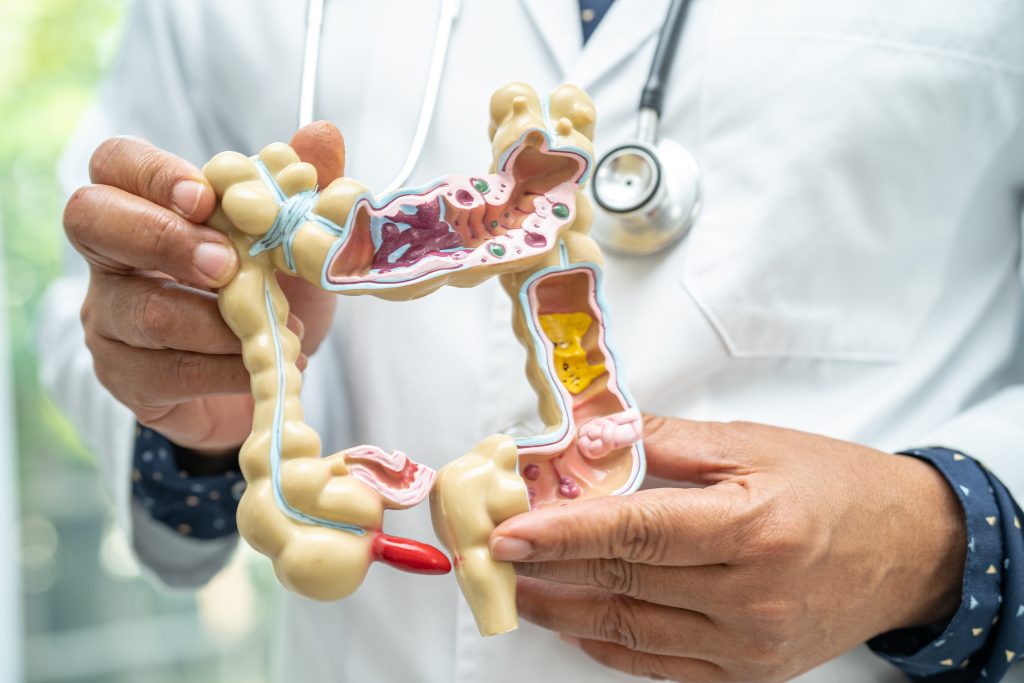Introduction
Diarrhea is a common gastrointestinal issue that most people experience at some point in their lives. While it often resolves independently within a few days, recognizing the warning signs that indicate immediate medical attention is necessary can empower you to take control of your health. Understanding these critical symptoms can help you know when to seek professional help, ensuring your health and well-being are prioritized.
Identifying Severe Diarrhea Symptoms: What to Watch For
Diarrhea can range from mild discomfort to a severe, life-threatening condition. Recognizing severe symptoms early can prevent complications and facilitate timely medical intervention.
What Are the Severe Symptoms of Diarrhea?
- Persistent Diarrhea: Diarrhea lasting more than two days without improvement is a sign that you need to consult a doctor.
- Severe Dehydration: Symptoms include extreme thirst, dark urine, little or no urine output, dry mouth, and dizziness.
- High Fever: A fever over 102°F (39°C) accompanying diarrhea suggests a severe infection.
- Blood in Stool: The presence of blood or black, tarry stools can indicate internal bleeding or a serious condition.
- Severe Abdominal Pain: Intense pain that doesn’t subside may signal a severe underlying issue.
When to See a Doctor for Diarrhea: Key Indicators
Understanding when to seek medical help is crucial for managing diarrhea effectively. A healthcare professional can guide you on when to seek help, ensuring that specific symptoms are not ignored.
When Should I See a Doctor for Diarrhea?
- Chronic Diarrhea: Diarrhea persisting beyond a week needs medical evaluation to rule out chronic conditions.
- Symptoms of Severe Dehydration: If you exhibit signs of severe dehydration, such as reduced urine output or fainting, seek immediate help.
- Presence of Fever and Vomiting: Combined with diarrhea, these symptoms can indicate a severe infection or food poisoning.
- Rapid Weight Loss: Unexplained weight loss with diarrhea could indicate a more severe health issue.
- Diarrhea in Infants and Elderly: These age groups are at higher risk for complications and should receive prompt medical care.
Diarrhea Red Flags: Know the Critical Warning Signs
Recognizing red flags in diarrhea cases is crucial as it helps you decide when to seek immediate medical intervention. Here are some critical warning signs to be aware of:
What Are the Red Flags for Diarrhea?
- Frequent Watery Stools: More than six watery stools in 24 hours indicate severe diarrhea.
- Severe Fatigue and Weakness: Extreme tiredness or weakness can indicate dehydration or a more serious condition.
- Persistent Vomiting: Inability to keep fluids down, leading to dehydration.
- Abdominal Swelling: Swelling or distension of the abdomen can be a sign of a blockage or other serious condition.
- Severe Headache: Accompanied by diarrhea, this can indicate dehydration or other systemic issues.
Recognizing Critical Signs of Diarrhea
Critical signs of diarrhea necessitate immediate medical attention to prevent further health complications. Here’s how to recognize them:
What Are the Critical Warning Signs of Diarrhea?
- Profuse Bleeding: Large amounts of blood in the stool are a medical emergency.
- High Fever and Chills: Suggest a systemic infection that requires prompt treatment.
- Severe Pain: Unrelenting pain that doesn’t ease with over-the-counter medications.
- Signs of Shock: Confusion, lethargy, or unconsciousness are signs of severe dehydration or other serious conditions.
Emergency Diarrhea Symptoms: When to Seek Immediate Help
Specific symptoms of diarrhea indicate a medical emergency and require immediate attention. Knowing these symptoms can save lives.
How Do I Know If My Diarrhea Is an Emergency?
- Severe Dehydration: Symptoms include sunken eyes, dry skin, and lack of urination.
- Uncontrollable Vomiting: Leading to an inability to retain fluids.
- Fainting or Dizziness: Especially when standing up, indicating severe fluid loss.
- High Fever with Severe Diarrhea: Particularly in young children and the elderly.
What Symptoms Indicate I Should Seek Immediate Help for Diarrhea?
Immediate help should be sought if you experience any of the following symptoms alongside diarrhea:
- Severe Abdominal Pain Could be indicative of appendicitis or other severe conditions.
- Blood or Pus in Stool: Indicates a severe infection or inflammatory condition.
- Rapid Heartbeat: Can signal severe dehydration or electrolyte imbalance.
- Confusion or Difficulty Breathing: Signs of severe dehydration or systemic infection.
What Are the Most Serious Symptoms of Diarrhea?
Serious symptoms of diarrhea include those that indicate severe dehydration, significant blood loss, or systemic infection.
Most Serious Symptoms:
- Blood in Stool: Indicates internal bleeding or a serious infection.
- High Fever: Suggests a severe infection.
- Severe Dehydration: Symptoms like dry skin, confusion, and rapid heart rate.
- Persistent or Severe Pain: Especially if it doesn’t subside with medication.
How Long Should I Wait Before Seeing a Doctor for Diarrhea?
The duration you should wait before consulting a doctor depends on the severity and accompanying symptoms of diarrhea.
When to Seek Medical Attention:
- Persistent Symptoms: If diarrhea lasts more than two days in adults or 24 hours in children.
- Severe Symptoms, Such as dehydration, high fever, or blood in stool, require immediate attention.
- Infants and Elderly: Seek help sooner due to higher risk of complications.
Conclusion
Recognizing the warning signs of diarrhea and knowing when to seek medical help is crucial for your health. While most cases resolve independently, severe symptoms and red flags should not be ignored. Remember, timely medical intervention can prevent complications and ensure you receive the appropriate treatment, giving you the reassurance and confidence you need during such times.




